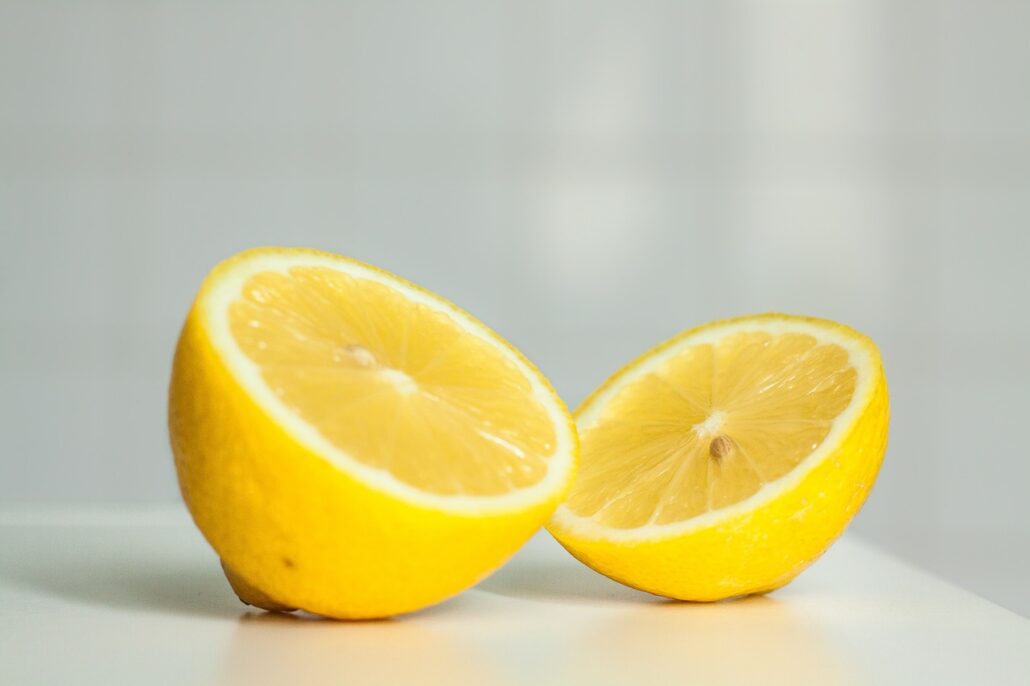Do Lemons Have Lectins?
You may be wondering if lemons are high or low in lectins.
While the topics of lectins has many unknowns, thankfully, there is some research on lectins in lemons!
It appears that lemons are one of the many common fruits low in lectins that exist.
Research from multiple sources has shown that the lemons tested did not contain lectins.

Are Lemons Low In Lectins?
According to the research, it certainly does seem that lemons are low in lectins.
The fruit, fruit pulp, rind, and seeds of lemons all showed no lectin activity in tests.
Furthermore, it does seem that fruits are low in lectins in general, compared to other foods. Beans, for example, need to be cooked in order to lower the lectin count enough for them to be safe to eat. Fruits, however, are generally safe to eat completely raw.
Are Lemons High In Lectins?
No, it does not seem that lemons are high in lectins. Research on the fruit, fruit pulp, rind, and seeds of lemons all showed no lectin activity in testing.
Also, fruits seem to be low in lectins in general, especially compared to foods like legumes. Certain foods like rice and beans need to be cooked in order to be safe to eat, which lowers their lectin count. Fruits on the other hand can generally be safely eaten raw.
Lemon Nutrition
Lemons contain a variety of nutrients including vitamins, minerals, and antioxidants.
They are generally low in carbohydrates, protein, and fat, especially considering the juice is usually used in very small amounts.
The fruit is fairly sour, hence why people sometimes say, “imagine you are biting into a lemon” to make a certain face. Even though it’s a fruit, is quite low in sugar.
Macronutrients
One whole lemon contains around 5g of carbohydrates (1.6g of fiber and 1.5g of sugar), 0.6g of protein, and 0.2g of fat which adds up to just 17 calories. It’s often used by people cutting calories as it’s a very flavorful way to add taste with almost no calories, just like a spice.
Micronutrients
When it comes to micronutrients, lemons contain vitamins such as Vitamin C (30.7mg) and Vitamin A.
Lemons also contain many trace minerals, such Calcium (15.1mg), Iron (0.348mg), Potassium (80mg), and Manganese (0.017mg).
Food And Drinks Containing Lemons
Many foods contain lemon because it is so easy to add to dishes. For example, it may be added to salads or to chicken. They are one of the low lectin fruits found in many dishes.
Usually the juice is used whereas occasionally, lemon slices are added to the meal. It can also be added to water to create lemon water or lemonade.
The lemon juice provides a sort of sour taste that is low in sugar and high in flavor. Even a few drops of lemon juice can make a welcome addition to a dish.
Resources
- https://sciendo.com/article/10.1515/sjecr-2016-0031
- http://medicinalplants-kr.org/
- https://fdc.nal.usda.gov/fdc-app.html#/food-details/167746/nutrients
